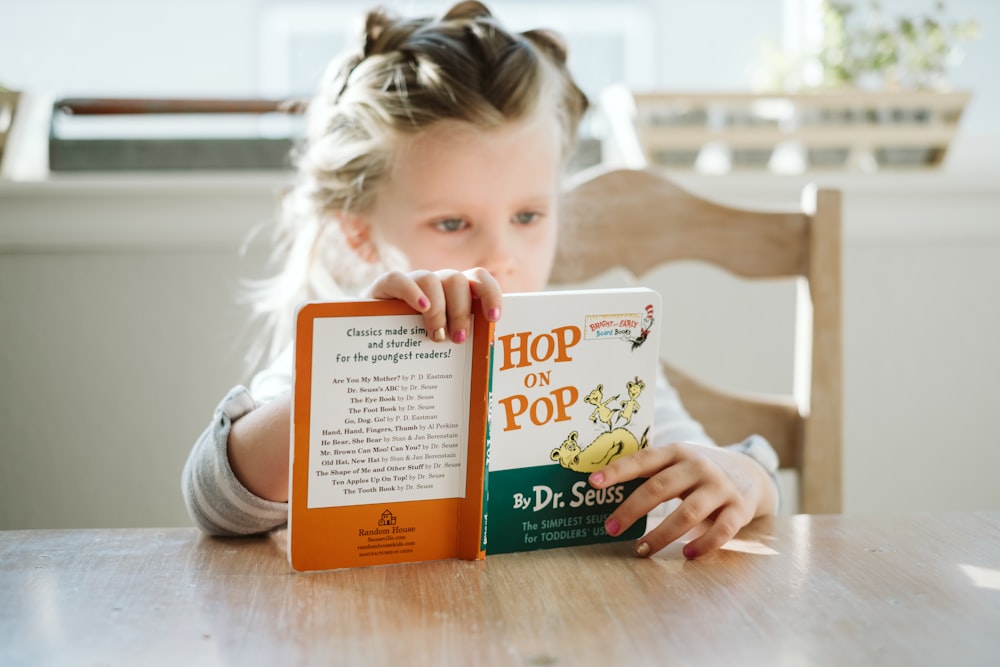
In the simplest terms, phonics are the sounds that letters make and is a method to help children learn to read and spell words. 'Formal' teaching of phonics takes place in schools and is made up of different phases which children learn when they are ready. Each school may use a different programme but essentially the sounds children learn are the same. The 'informal' learning of phonics usually takes place at home and in a childcare setting. Children will learn sounds by hearing them and saying them in their everyday routines and play.
It is the basic skill to be able to read words. Knowing the individual sounds of the letters and using them to blend together to make a word. For example, sounds s, a and t when said slowly together, then more quickly gives you the word 'sat'. If you know a set of sounds such as s, a, t, i, p, n, you can make all kinds of words such as it, is , tin, nap, top etc Knowing sounds and that sounds represent something starts putting meanings behind the text.
Letters in the environment: Point out sounds in the environment like signs for example the letters that are significant to them i.e. the first letter of their name
Sharing books: When sharing simple books start pointing to the words along the sentence so they can start seeing the connection between what you are saying and the words.
Hunt for the letter: Allow the child to play with magnetic letters/plastic jelly letters/foam letters to allow the child to be surrounded by the letters. Hide them in sand, water or mud and see what your child can find.
Alphabet puzzles: Good fun way to see the letters, some puzzles you can feel the outline/shape of the letter some have a picture with the corresponding letter so you can talk with your child about it.
Photographs: Photos of family members with their name including a photo of the child with their name so they can become familiar with the look of their name.
Singing rhymes: nursery rhymes and familiar songs are a great way to immerse children in a range of sounds, repeating words and noises so your child can start to play with words and sounds.
Writing for meaning: As your child gets older they will start to hear the first or last sound in the word that you may be saying i.e M in the word Milk. Before you go food shopping you model writing a simple short shopping list modelling how you write the words exaggerating the sounds as you spell them… you never know your child may want to write their own list!
The Words for Life organisation have put together a recommended book list for young children. Click on the link on the sidebar for more information.

A Mackman Group collaboration - market research by Mackman Research | website design by Mackman